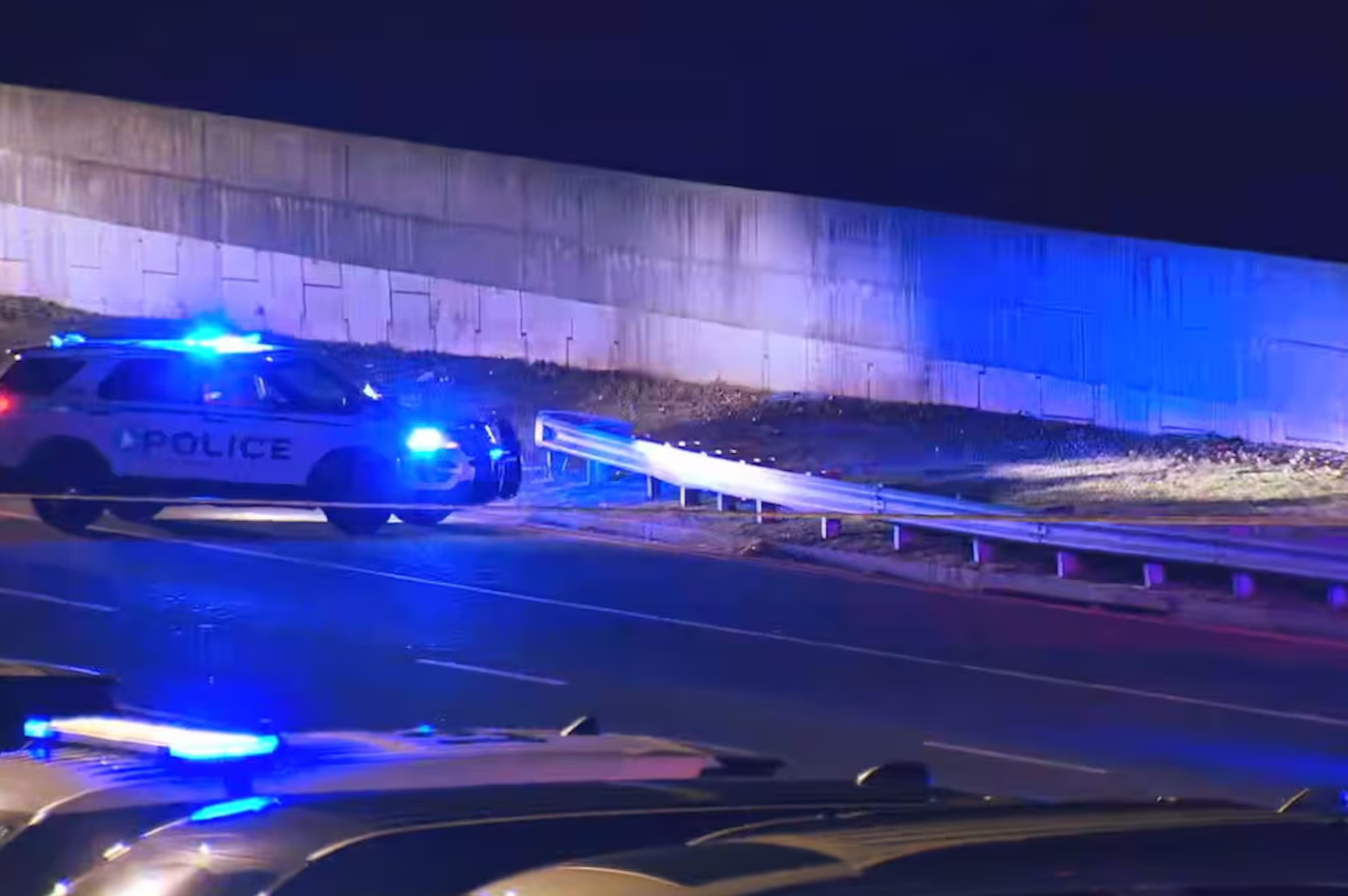Training center petitions posted on Atlanta city website after initial glitch

The Municipal Clerk’s Office has made public scans of what organizers say is more than 116,000 signatures of Atlanta residents who want to see the city’s public safety training center on the ballot.
But the roll out of those signatures — more than 25,000 pages — was marred by apparent technical problems as the bulk of them were not accessible online early Friday.
The petition scans will give crucial insight into the number and demographics of Atlantans who support a ballot referendum on the training facility. The initial issues in posting them, however, come as the city has taken considerable heat for a lack of transparency in the referendum process.
Atlanta City Council members passed legislation during its Sept. 19 meeting that directed the clerk’s office to begin scanning petitions from 16 boxes submitted by organizers, and post the pages online.
Files contain photos of each box followed by thousands of signature pages, which include personal information like the signer’s street address and phone number along with their signature. The signers’ dates of birth are redacted.
The posting of thousands of Atlantan’s personal information — including some elected officials who signed — sparked outcry from petition organizers who thought additional redactions would be made.
The legislation passed by council required documents posted online to be redacted of personal information “as required by the Georgia Open Records Act.” Some council members requested further redactions — a request that the Municipal Clerk’s office ignored.
A preliminary review of the thousands of pages of petition forms by The Atlanta Journal-Constitution shows some addresses outside of Atlanta, incomplete personal information and duplicated entries. The city faces a tall task of reviewing each page line-by-line.
But despite being posted online, the petition to force the project on ballots has been caught in legal limbo after the city said it would not begin the verification process until pending litigation is complete.
Confusion, criticism surround petition posting
The city’s choice to hold off on the 50-day verification timeline surprised referendum organizers and even some City Council members.
But Mayor Andre Dickens, council members and organizers all agreed that the contents of the white cardboard boxes lugged to City Hall on Sept. 11 should be made public.
“I’m very interested in what’s in those boxes,” Dickens told the AJC. “I want to see the count, I want to know and I want our public to know, which is why every signature is going to be posted online.”
The mayor’s office declined comment on the posted petitions.
Organizers were startled Friday morning when the online posting included personal information despite requests from the Vote to Stop Cop City Coalition that the information be removed for safety reasons.
“This is, at best, an egregious error, and at worst, it is a part of a continued, intentional orchestration of voter intimidation and suppression by this administration,” the coalition said in a statement. and added that they are exploring legal options to protect the privacy of signers.
First Amendment experts said that municipalities are required by state law to redact the day and month of birth dates and unlisted phone numbers but not addresses.
“There’s no reason to obscure the address as far as we’re concerned,” said Richard T. Griffiths, president emeritus of the Georgia First Amendment Foundation.
The signer’s full name, address and year of birth must be disclosed to those who request the records through open records act. Whether or not telephone numbers are exempt from disclosure is unclear, Griffiths said.
“It’s a very blurry area of the Open Records Act right now,” he said.
Council President Doug Shipman and Council member Liliana Bahktiari sent a letter to the clerk’s office on Sept. 18 requesting that signer’s street address, full date of birth, phone number and signature be redacted from the documents posted publicly online.
What the petitions scans can tell us
Little is known about how much or how little public support the training center has.
Opponents cite environmental concerns and fear of police militarization as reasons to immediately halt construction. And proponents say the facility is needed to enhance training for the city’s police officers and firefighters.
But the petition forms will provide crucial information like demographics of signers and where Atlanta residents who support the ballot initiative live inside the city. The AJC plans to analyze all 25,000-plus pages to gain a better understanding of those who signed.
One Emory University poll of Atlanta voters released in March showed just under half of Atlantans polled support the training center at 48%. The poll said 46% were opposed. A new poll of statewide voters found about 60% of likely Georgia voters said they back the facility, indicating potential problems for statewide Democrats who might oppose the project.
Organizers needed to gather signatures from 15% of Atlanta registered voters, or a little over 58,000 names to hit the required threshold to put the facility on the ballot. Training center opponents say they’ve been more than successful and turned in nearly double the amount they need.
The process the city will use to verify tens of thousands of signatures has been heavily scrutinized by training center critics and even some of Georgia’s highest profile Democrats. The city said outside counsel hired to help with the undertaking will use signature-matching as a last step to verify questionable signers — a method which is controversial.
U.S. Sen. Raphael Warnock, D-Ga., sent a letter to Dickens urging him to be transparent in the process to make sure no Atlantans unintentionally have their signatures tossed out. The first-term mayor replied with a lengthy response defending the city’s process for verifying each name.
Organizers say their confident with the number of signatures they’ve submitted.
“We’ll bet your political career that we’ve got the numbers,” said Mary Hooks, with the coalition.
Some from valid Atlanta residents who signed the petition may not be counted in the end.
Confusion surrounded the collection effort after an appeals court pressed pause on a decision by a federal court judge that extended the signature collection deadline and allowed non-Atlanta residents to help gather signatures.
State law gives petition organizers 60 days to gather signatures but after the federal district court judge’s initial extension, organizers had 95 days.
Now it’s unclear if signatures collected after the original deadline of Aug. 21 will count.
Kurt Kastorf, the attorney with the Stop Cop City Coalition said earlier this month that organizers shouldn’t be punished for acting in accordance with the original court order that extended the collection period.
“What should absolutely not happen is that people’s First Amendment expressive rights should be trampled over simply because the coalition relied on a federal court ruling to determine when to turn in those petitions,” he said.



